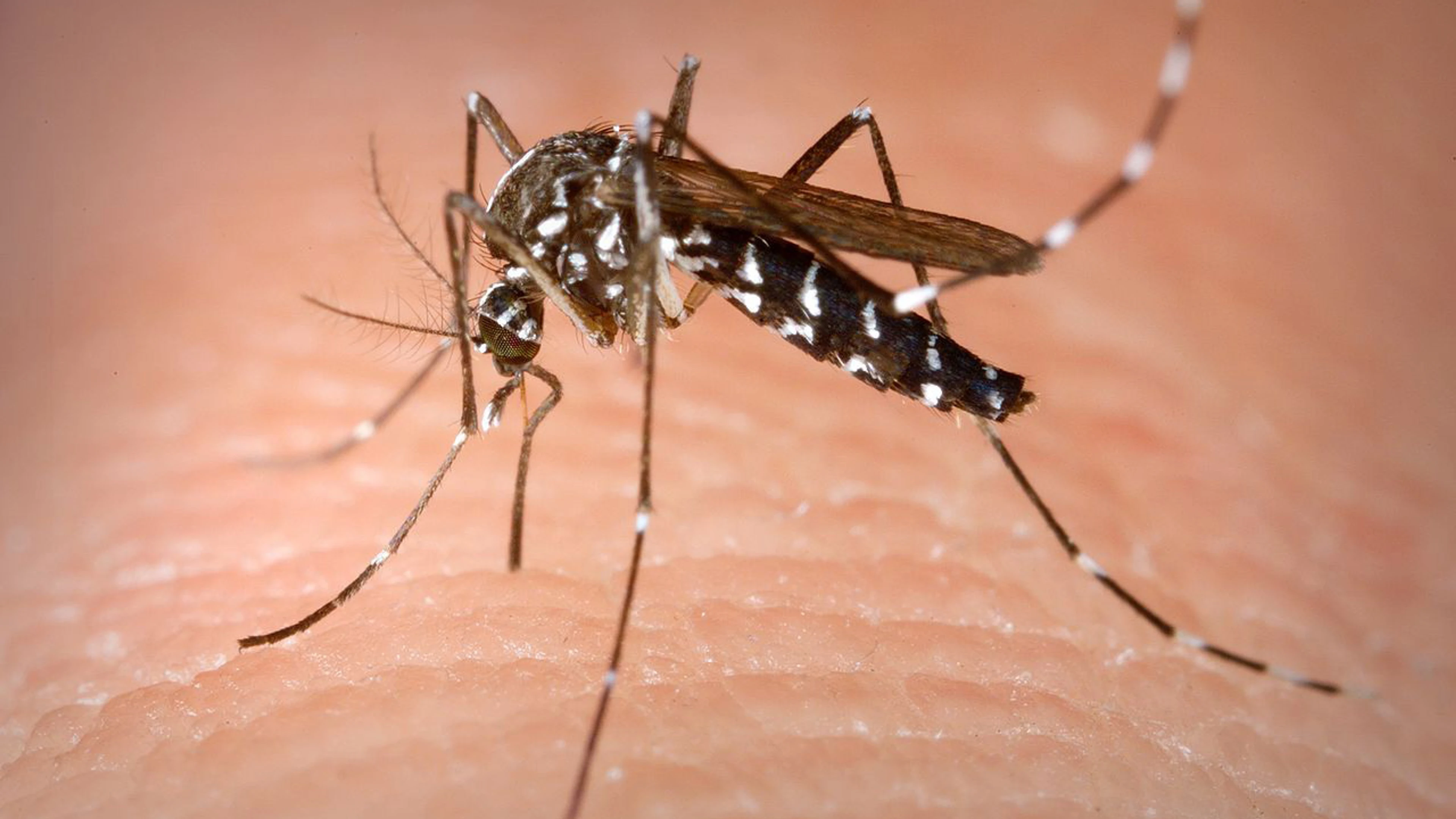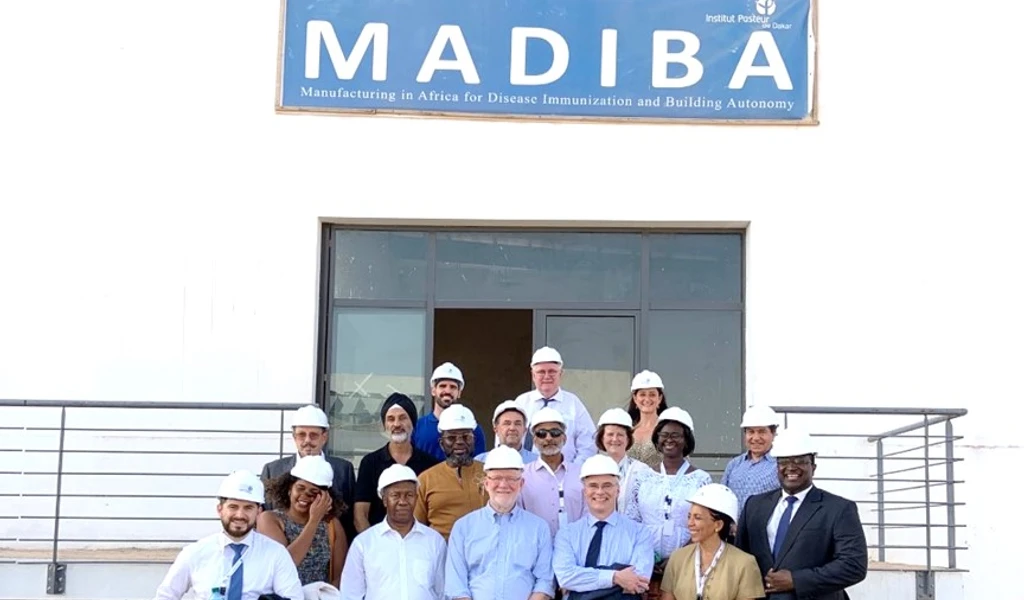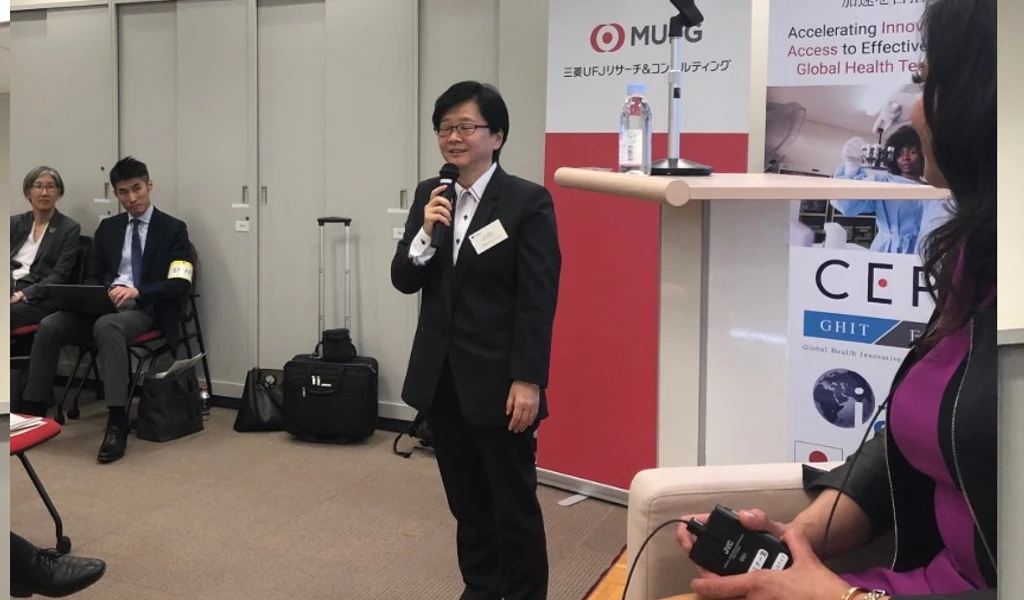CEPI launches call for proposals to develop vaccines against Rift Valley fever and Chikungunya viruses

OSLO (Norway)
The Coalition for Epidemic Preparedness Innovations (CEPI) has launched a call for proposals to develop human vaccines against Rift Valley fever and Chikungunya viruses. This will be CEPI's third call for proposals since January, 2017. USD$ 48 million of funding will be made available through this call and it is expected to fund up to eight projects.
The broadening of CEPI's vaccine portfolio to include Rift Valley fever and Chikungunya viruses has been based on wide consultation and advice from CEPI's Scientific Advisory Committee and on three main criteria: the public health impact of these diseases, that no vaccines are currently available for human use, and the feasibility of vaccine development.
This opportunity will be open, worldwide, to research and development organisations with expertise in vaccine development. The closing date for funding applications is March 5, 2019.
Rift Valley fever
Rift Valley fever has been listed in the WHO R&D Blueprint of priority pathogens in view of its epidemic potential. The virus—a member of the Phlebovirus genus—is transmitted by mosquitoes and blood feeding flies that usually affects animals (commonly cattle and sheep) but can also affect people. Most human infections result from contact with the blood or organs of infected animals but can also result from the bites of infected mosquitoes. The virus was first identified in 1931 during an investigation into an epidemic among sheep on a farm in the Rift Valley of Kenya. Multiple outbreaks have been reported across the African continent and in Saudi Arabia and Yemen. The most serious outbreaks recorded occurred in Egypt in 1977 during which 20,000 to 40,000 people were infected and 600 people died. In 1997, another major outbreak occurred in east Africa, during which 90,000 people were infected and 500 people died. Most human cases are mild but in a small proportion of patients severe forms of the disease can develop, which can include ocular disease, encephalitis, or haemorhagic fever.
Chikungunya
The WHO has highlighted Chikungunya as a major public health risk and has stated that further research and development is needed to mitigate the risk it poses. Chikungunya is a mosquito-borne viral disease first described during an outbreak in southern Tanzania in 1952. It is spread from human to human by the bites of infected female mosquitoes—mostly Aedes aegypti and Aedes albopictus. It causes fever, severe joint pain, muscle pain, headache, nausea, fatigue and rash. Joint pain is often debilitating and can vary in duration. The disease shares some clinical signs with Dengue and Zika viruses and can be misdiagnosed in areas where they commonly occur.
Richard Hatchett, CEO of CEPI, said:
Rift Valley fever and Chikungunya viruses are diseases that can cause great suffering and huge economic disruption.
Chikungunya has caused over 3.4 million cases in over 43 countries since its re-emergence in 2004. In the case of Rift Valley fever, outbreaks have been reported across Africa and in Saudi Arabia and Yemen since 2000, resulting in over 4800 suspected cases and over 900 deaths.
We also know that these types of viruses are constantly looking for the right conditions to really take hold and spread–we need to be better prepared for when that happens.
Vaccine development is complex and difficult but beginning to work on the development of vaccines against these diseases is the next step for CEPI and one that we hope could, in time, go a long way to alleviate the suffering they cause.
About CEPI
CEPI is an innovative partnership between public, private, philanthropic, and civil organisations launched in Davos in 2017 to develop vaccines to stop future epidemics. CEPI has received multi-year funding from Norway, Germany, Japan, Canada, the Bill & Melinda Gates Foundation, and Wellcome. CEPI has also received single-year investments from the governments of Australia and Belgium. The European Commission forsees substantial financial contributions to support relevant projects through EC mechanisms. CEPI has reached over USD$740 million of its $1 billion funding target. Since its launch in January 2017, CEPI has announced three calls for proposals. The first call was for candidate vaccines against Lassa virus, Middle East Respiratory Syndrome coronavirus (MERS-CoV), and Nipah virus—to date, CEPI has invested over $260 million to develop five vaccine candidates against Lassa virus, four against MERS-CoV, and two against Nipah virus. The second call was for the development of platforms that can be used for rapid vaccine development against unknown pathogens. The third call (announced today) is for candidate vaccines against Rift Valley fever and Chikungunya viruses. Learn more at CEPI.net. Follow us at @CEPIvaccines.
Note to editors
Funding for this call for proposals will be provided by CEPI with anticipated support from the European Commission's Horizon 2020 programme.
Additional information about the call for proposals to develop vaccines against Rift Valley fever and Chikungunya viruses can be found here.
Media Contacts
Rachel Grant, Director of Communications and Advocacy, CEPI +44(0)7891249190 | [email protected]
Mario Christodoulou, Communications and Advocacy Manager, CEPI +44(0)7979300222 | [email protected]


